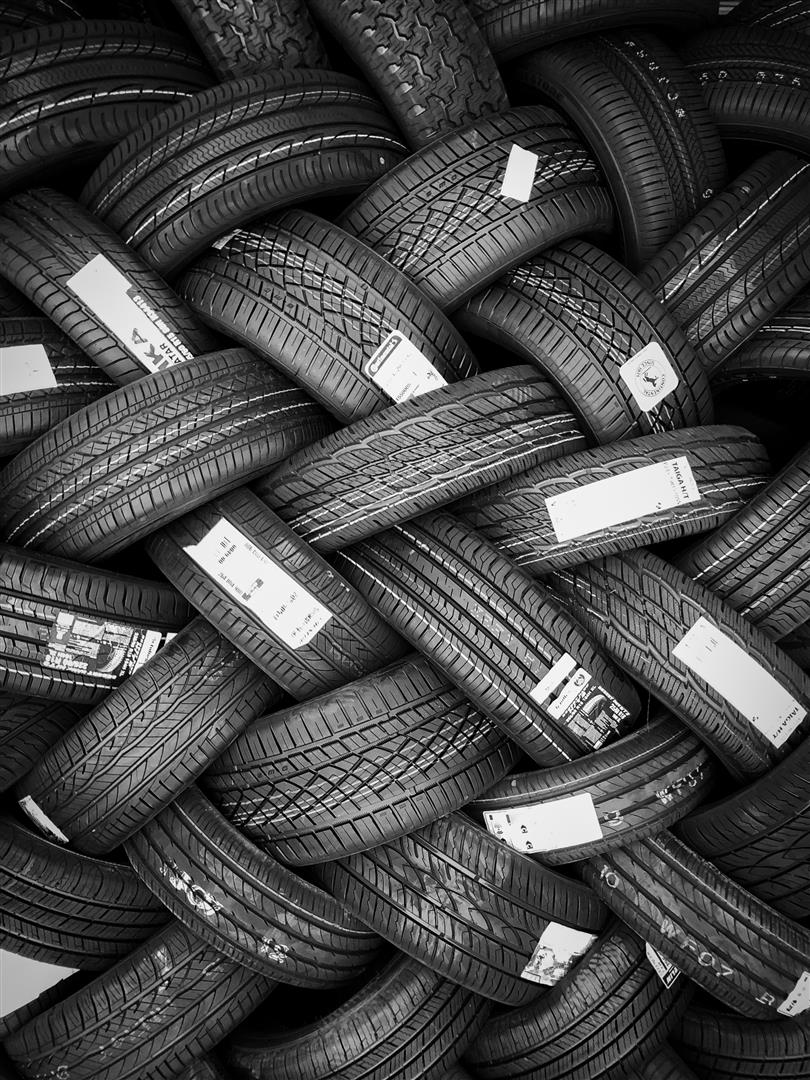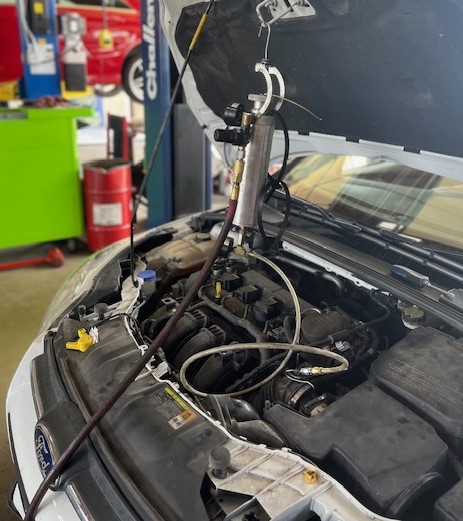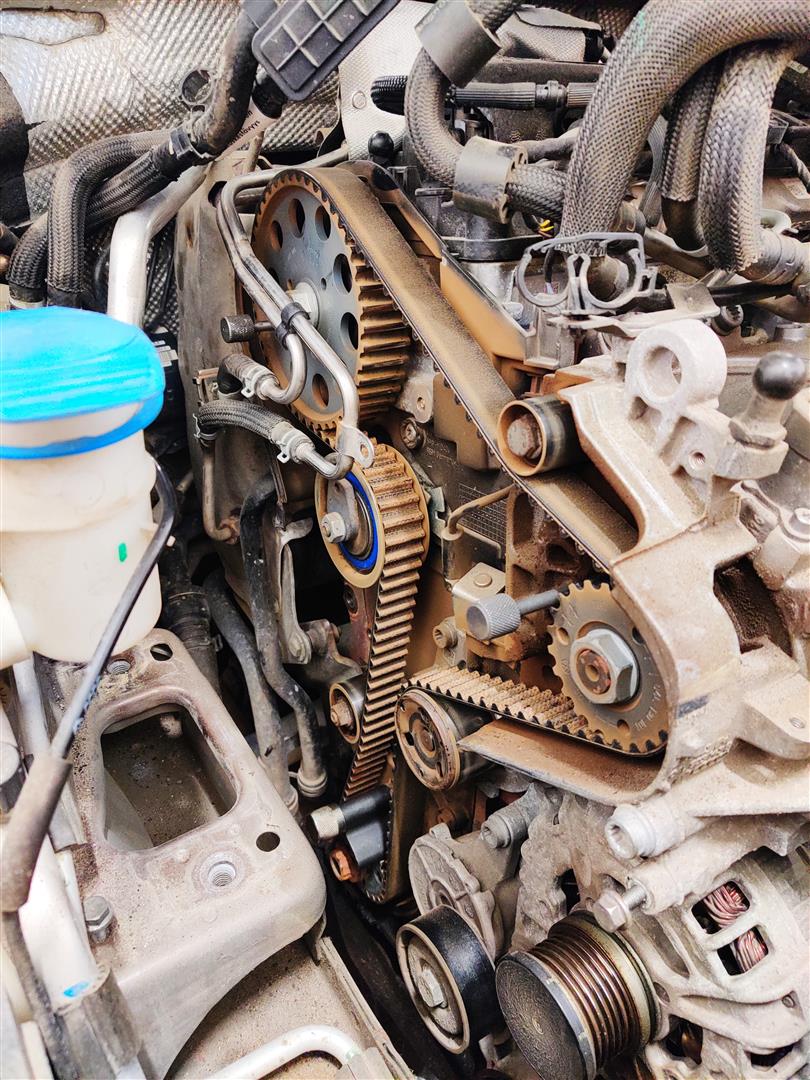Posted on 12/31/2024

Choosing the right auto repair shop is a critical decision for every vehicle owner. Whether it’s a routine oil change or a major repair, drivers want to ensure their car is in trusted hands. So, what makes an auto repair shop stand out? Here are the top features customers commonly look for when selecting an auto repair service: 1. Trustworthiness When it comes to auto repair, trust is everything. Customers value shops that provide honest diagnostics and transparent pricing. They want to feel confident that they’re not being sold unnecessary repairs or overcharged for services. Building a reputation for integrity and straightforward communication is key to earning customer loyalty. Here at Dickerson Automotive, we’ve spent 25 years building and maintaining the trust of our valued customers.2. Qualified Technicians The expertise and certifications of the mechanics can make or break an auto repair shop’s reput ... read more
Posted on 12/26/2024

Tires are the unsung heroes of your vehicle. They provide traction, ensure smooth handling, and play a critical role in your overall safety. However, like all components, they wear out over time and need replacement. Knowing when to replace your tires is essential for keeping your car safe and performing at its best. Key Signs You Need New TiresTread Depth: The tread on your tires provides the grip necessary for safe driving. Over time, this tread wears down. Use the "penny test" to check your tread depth: Insert a penny into the tread with Lincoln’s head facing downward. If you can see all of Lincoln’s head, it’s time for new tires. Ideally, replace them when tread depth falls below 2/32 of an inch. Cracks and Bulges: Tires exposed to extreme weather or simply aging can develop cracks in the sidewall or bulges. These are signs that the tire structure is compromised, which can lead to blowouts. ... read more
Posted on 12/19/2024

Gasoline Direct Injection (GDI) engines are a marvel of modern automotive engineering. They deliver improved fuel efficiency, higher performance, and reduced emissions compared to traditional port fuel injection systems. However, GDI engines come with their own set of maintenance needs, and one crucial service to keep them running smoothly is a fuel induction service. Let’s dive into why this service is essential and how it benefits your engine. Understanding GDI Engines In a GDI engine, fuel is injected directly into the combustion chamber at high pressure, unlike traditional systems where fuel is mixed with air in the intake manifold. This design enhances efficiency and power but also leads to a unique challenge: carbon buildup. Since the fuel in a GDI engine doesn’t pass over the intake valves to clean them, carbon deposits can accumulate on the valves over time. These deposits can restrict airflow, reduce engine performance, and lead to costly repair ... read more
Posted on 12/12/2024
.jpeg)
Your vehicle’s thermostat is a small but crucial component that plays a significant role in maintaining the engine’s temperature. When it’s functioning correctly, the thermostat regulates the flow of coolant to ensure your engine stays within the optimal temperature range. However, if the thermostat fails, it can lead to serious issues. Here are some common signs of a bad thermostat you should watch out for: 1. Engine Overheating One of the most obvious signs of a faulty thermostat is engine overheating. If the thermostat is stuck closed, it prevents coolant from circulating through the engine, causing the temperature to rise rapidly. An overheating engine can lead to severe damage, including a blown head gasket or warped engine components. 2. Engine Running Too Cold On the flip side, if the thermostat is stuck open, the coolant continuously flows through the engine, preventing it from reaching its optimal operating temperature. T ... read more
Posted on 12/4/2024

When it comes to vehicle maintenance, replacing the timing belt is one of the most critical services to keep your engine running smoothly. This essential component coordinates the rotation of the crankshaft and camshaft, ensuring your engine’s valves open and close at the right time. Neglecting to replace a worn timing belt can result in catastrophic engine damage, costing thousands in repairs. Why Timing Belt Replacement Is Crucial Timing belts are made of reinforced rubber, but over time, they wear down due to heat, tension, and mileage. A snapped timing belt can lead to severe damage, especially in interference engines, where the pistons and valves occupy the same space. If the belt breaks, these parts collide, often resulting in bent valves, damaged pistons, and a ruined engine. Replacing your timing belt at the manufacturer-recommended interval (typically every 60,000 to 100,000 miles) can save you from costly repairs and keep your car running reliably ... read more